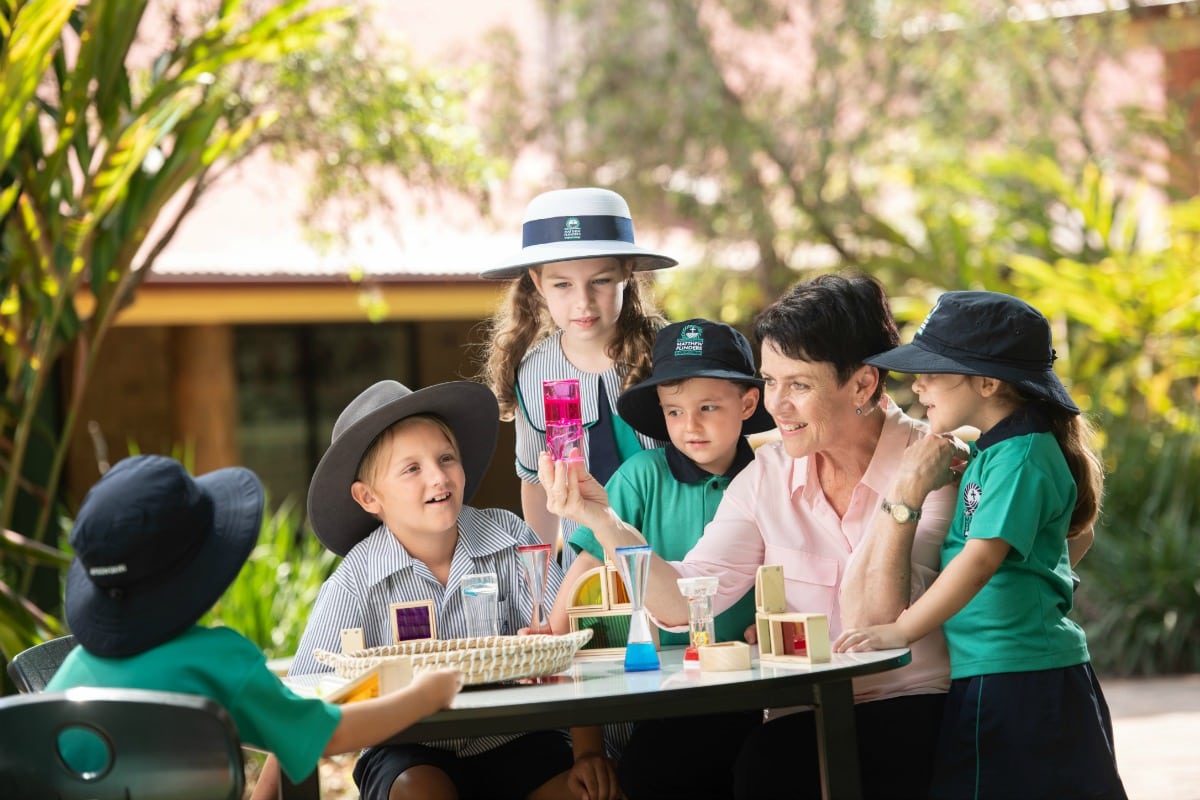When was the last time you had a great conversation? Most likely, you would have been actively engaged, with a chance to share information, give an opinion, perhaps even debate a hot topic. It would have involved you speaking, but also listening and waiting for your turn to respond and talk again.
Great conversations involve thinking and some kind of learning. The interactions are enablers for emotions, even if they are not expressed. A conversation is an opportunity to build connections and relationships, and a good conversation can make a person feel valued, contributing to a positive sense of identity and well-being.
Collaboration is a key element of conversation, differentiating it from a monologue where one person does all of the talking. It is often likened to a game of tennis, taking turns to speak and respond in ways similar to serving and returning in tennis. Learning to listen and taking turns are key skills to being a good conversationalist. Listening is closely linked to the development of empathy, listening to others in order to understand their perspectives. Good conversation skills enhance social interactions and the ability to make and keep friends.
Here are some practical ideas that will support teaching your child good conversation skills:
• Model what it takes to have a good conversation. Give your full attention when speaking to your child. This may mean putting the phone down or away, looking at your child and really listening to what they are saying.
• Teach your child how to wait until you have finished speaking before they talk again - taking turns as you both serve and return.
• Model and teach your child how to comment on what the other person is saying, staying on that topic and line of conversation before moving on to their own ideas.
• Play physical and vocal games that encourage turn taking, reinforcing the need to wait and being interested in what the other person is doing or saying.
• Create opportunities that stimulate thinking as this helps lead to conversation e.g. a visit to a new place, doing a physical activity, playing a game.
• Be intentional when initiating conversations. Ask your child questions, particularly ‘why’ questions that encourage thinking and elaboration, and allow for the conversation to continue.
• Use books and reading as a conversation starter, sharing favourite parts, predicting what may happen next, discussing characters and events and making connections to their own life and experiences.
Conversation enables parents to learn about their child...what they are thinking and how they are making sense of their world. At the same time, parents are sharing knowledge and experience, and contributing to their child’s learning and construction of meaning. This language stimulation is part of the benefit, but Michael Grose, ‘Parenting Ideas’ expert, states the actual engagement in conversation is the other. Conversation enables connection and reinforces the critical bond between a parent and child, reflecting the shared love and trust that contribute to a positive well-being. (Talking to Kids Makes them Smart,parentingideas.com.au/schools)
What conversations will you initiate with your child today? It will be well worth the investment of time.
Chris Curtain | Head of Junior Primary School

